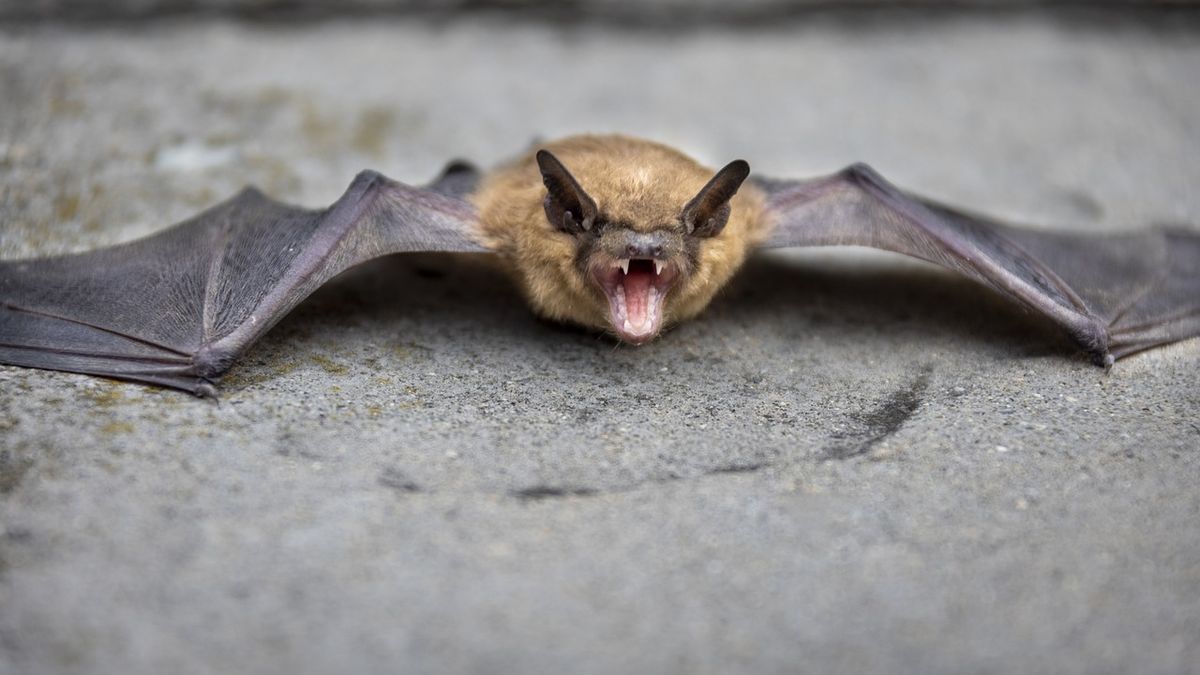A domestic cat was diagnosed with the disease, which since 2008 has only been detected in bats, the MSP warned.
A domestic cat was diagnosed with Rage in Leap, as confirmed by the Ministry of Public Health (MSP) in a statement, stating that this is the first “species jump of the disease confirmed in the country.
The content you want to access is exclusive for subscribers.
The case is causing concern in the community since the virus has only been detected since 2008 in bats, but it had not been detected in a domestic animal since 1983, when a dog contracted it. Meanwhile, the last case in humans It was in 1966 in Montevideo.


“It has an aerial cycle in hematophagous and insectivorous bats since 2008 in almost all departments, which represented a latent risk “of the potential transmission of the disease to other species and to humans,” the MSP said about the disease.
The Veterinary Laboratory Division (DILAVE) of the Ministry of Livestock, Agriculture and Fisheries (MGAP) confirmed the positive result of the PCR test and Public Health highlighted that the cat showed “a sharp change in behavior with aggression, dying suddenly.”
About the episode, from the portfolio that leads Karina Rando They noted that “it constitutes the first confirmation of a species jump” in Uruguay.
Recommendations and precautions against rabies
The MSP warned the population that “it is necessary to understand the importance of this situation in order to manage it properly” and recalled that, beyond awareness and control measures, “it is not a disease of the past and its evolution in humans if not treated properly is lethal”.
“It is necessary to ensure the vaccination of our pets, avoid accidents due to bite and consult immediately in the event of any exposure to risk,” the health portfolio emphasized.
Authorities are working to control the outbreak with the “primary objective” of avoiding new cases and asked residents of Leap be alert to suspected cases, consult a doctor in case of bites and vaccinate pets.
“Although the anti-rabies vaccination “Post-exposure medication is free of charge and can only be administered with a medical prescription. It is important to make good use of this product since it is a resource produced outside the country,” they said.
Source: Ambito




